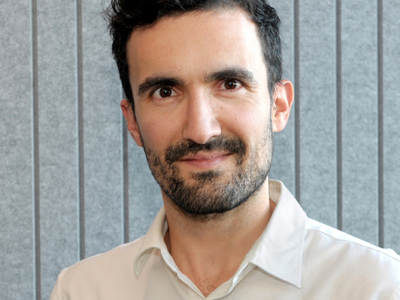
Biofuelwatch launches legal investigation of Drax eligibility for renewables subsidies
Environmental campaign group Biofuelwatch has called for a full investigation into Drax Group's receipt of government subsidies after serious concerns were raised about its sourcing of wood used for biomass to generate so-called ”renewable energy” in its UK power station.
Posted on 12 December 2022
Biofuelwatch, represented by law firm Leigh Day, has sent legal letters to Ofgem and the Low Carbon Contracts Company Ltd (LCCC), calling on both bodies to investigate their allocation of subsidies to Drax.
This comes in light of allegations by BBC Panorama that woody biomass burned by Drax at its power station in Yorkshire has been traced back to the felling of primary forest in Canada. Biolfuelwatch says those allegations were subsequently backed up by further field investigations by the Canadian NGO Conservation North.
Concerns about Drax’s wood sourcing for pellets in British Columbia amongst other regions have also been raised in the House of Commons (BBC Sounds, listen from 24m) by MPs concerned that the sourcing of biomass for use as renewable energy in the UK falls outside regulations.
Biofuelwatch has addressed its concerns to Ofgem as the body which administers the UK’s renewables obligation scheme, and to LCCC as the body designated by the government as the counterparty in contracts with renewable energy generators under the Contracts for Difference scheme.
The UK government introduced sustainability criteria for biomass eligible for renewable energy subsidies in 2016. Biofuelwatch and other environmental NGOs have long criticised the criteria for being extremely weak, and warned that sustainability standards are not a credible tool for addressing the climate impacts of burning wood, nor the wider impacts of creating a large new demand for wood on forests. However, the most recent evidence from British Columbia suggests even those very limited standards are not being enforced, says Biofuelwatch.
Biofuelwatch says the Panorama allegations suggest that Drax may be in breach of its obligations to the LCCC and Ofgem, and that the public authorities have failed to properly assess compliance with the sustainability criteria. It says regulatory requirements, which are intended to ensure that the burning of wood as a source for electricity is sustainable, have not been met by Drax.
The letters call on Ofgem and LCCC to conduct a complete and transparent investigation into the allegations made by Panorama and to provide Biofuelwatch with the information provided by Drax to satisfy subsidy schemes.
Almuth Ernsting, co-director of Biofuelwatch said:
“Biomass sustainability standards are an inherently flawed approach because they can address neither the climate impacts of burning trees, nor the effect that a vastly increased demand for wood has on forests. Nonetheless, it is galling to see that the extremely weak standards which the UK government keeps citing as an excuse for handing billions of pounds in subsidies to Drax over the years do not even appear to be enforced in any way.”
Biofuelwatch is represented by Tom Short and Ricardo Gama with Julia Eriksen of Leigh Day.
Senior associate Ricardo Gama said:
“Biofuelwatch believes that the burning of wood for fuel is incompatible with the UK’s climate commitments even if the wood meets the UK’s biomass sustainability standards, and that the government should therefore end subsidies for energy produced from this source.
“But worse than this is the fact that it appears that Drax may not even be complying with the sustainability requirements which are meant to ensure that the biomass energy comes from sustainable sources. Biofuelwatch hopes that Ofgem and the LCCC will take urgent steps to investigate the issue to make sure that public money is only spent on truly renewable electricity generation.”




